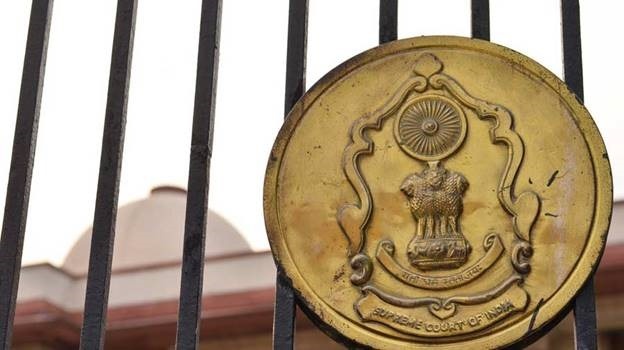Petitioners allege that women marrying non-Parsis, and their offspring, are not allowed to participate in the community’s religious, social and other activities
R. Balaji | Telegraph India
The Supreme Court on Friday issued notices to the Centre and others on a petition challenging the alleged discrimination and ostracisation of Parsi women who marry outside the community.
The petitioners — a minor named Rian R. Kishnani and his mother Sanayaa Dalal — have alleged that women marrying non-Parsis, and their offspring, are not allowed to participate in the community’s religious, social and other activities, besides being derided on social media.
The bench of Justices Abdul Nazeer and A.S. Bopanna sought the response of the Centre and the Parsee Central Association Co-operative Housing Society Ltd after it heard that such discrimination was a violation of Articles 14 (right to equality) and 21 (life and personal liberty) of the Constitution and that Parsi men who marry outside the community are not subjected to such harassment.
The petitioners sought the following directions from the apex court:
⚫ Declaration of any discrimination against the petitioners on grounds of race, ethnicity or parentage as unconstitutional.
⚫ A directive to community leaders to ensure that there is no discrimination against the petitioners on communal or racial grounds, and they are not excluded from the Parsi community and the society at large.
⚫ Deletion of social media posts, by two groups of orthodox Parsis, that are racist, hateful, derogatory and vituperative. The posts, the petitioners have alleged, target Parsi women married outside the community, and their children, as well as all non-Parsis in general.
The petition said: “The petitioners’ fundamental rights are circumvented because they face social and religious ostracisation owing solely to factors of lineage, ethnicity and race consequential to the fact that Petitioner No 2 (Sanayaa Dalal) is married to a man considered to be a non-Parsi.
“Parsis are a race and ethnic group and ostracisation of a Parsi Zoroastrian and her offspring on the ground of her marriage to an individual of a different lineage, race or religion is contrary to basic human rights and the fundamental rights guaranteed by the Constitution of India.”
The petition, filed through advocate Jasmine Damkewala, contended that marriage being a personal choice, women should be free to exercise it without having to face ostracisation.
It was submitted that a section of Parsis believes that the community is racially superior being of Aryan descent and insist that intermarriage of Parsis with other races “dilutes” and “contaminates” the ethnicity of the Parsis.
“This is contrary to the human rights of young impressionable children who are victimised simply because their mother is a Parsi but did not marry a Parsi. While some also discriminate against children born of inter-community marriages where the father is a Parsi married to a non-Parsi, the discrimination is prevalent and accepted as the norm where the child’s mother is a Parsi but not the father,” the petition said.

